“Let not my memory be like a tiger in ambush.
But there is this dangerously alive body
and only a baton or knife can tear it apart.”
(Deaths in Orissa– Jayanta Mahapatra)
One thing the pandemic had already done to our lives was that it created a bridge for online learning and other creative writing sessions. When I was invited to the 7th edition of the Chandrabhaga Poetry Festival in an online mode, it brought back the reading of Jayanta Mahapatra’s lines as part of the classroom experience. All the time when I read my poems, the only thought that came to my mind was when would I be able to meet him in real life. By God’s grace, the day arrived. As part of an invitation to the 9th Chandrabhaga Poetry Festival in 2023, my interaction with Jayanta da shall remain forever in my heart. No word of thanks will be sufficient for the respected poet Ashwani Kumar, the wizard of Indian poetry, my very own Ashwani da, who introduced me to Jayanta Mahapatra.
It was as if I was sitting under a haloed Bodhi tree when I started a conversation with him. Jayanta da’s smile could win hearts, and I was not an exception. He spoke very softly, and the smile was intact as he spoke. It was a smile of assurance, with a hand that blessed me with faith, hope, and enlightenment of life. He took my hands into his and asked me about my poetry. I still remember how he was infirm, just went into several medical complications a few months back, and he still had this inimitable, indomitable spirit and life force that made him sit through almost all the sessions of the festival. It was a constant sense of encouragement for us, the writers who always appreciated and loved his lines, and the multilayered ideas of simplicity that his poems highlighted. During lunch, I observed this beacon of Indian poetry shining in his own glory and presence, when admirers of poetry from India and abroad kept on coming to him to receive his blessings.
When Jayanta da spoke about poetry in the concluding session, it was his passion, and how the new poets should inculcate a habit to look beyond the glib and superficial. Even in the mundane, monotonous livable structures, Jayanta da could weave magic. The saplings that he planted for Indian poetry have already grown into giant trees of creativity, and Orissa was the place where his roots were intact. With the years, the physical body could age, not decay, with the autumn at Puri, the trees could shed their leaves, but the poet was not debilitated. Like Krishna’s flute, it was Jayanta da’s poems that always created ripples of melody to infuse life even in the direst circumstances of life. While he uttered his lines softly at the end of the sessions, I could see a man triumphant in his humility, sacred in his poetic poise. As I spoke to him, I promised to gift him a copy of Rhododendrons, my first novella. I thanked poet Ashwani Kumar that I could meet and talk to the legend in this festival, Ashwani da being one of the poetic luminaries that I always get inspiration from. When I told Jayanta da I would remember every line of hope that he said to me and I would be in touch with him after going back to Kolkata, he smiled and assured me that his blessings would always guide me in life.
As the last streak of vermillion faded into the distant sky, and I headed toward the airport, I sat silently. A silence that brought tears to my eyes, tears of happiness. Yes, I shall only remember this smiling magician of poetry, like Krishna humming his lines into my ear. It is not yet dark:
“An orange flare
lights the pale panes of the hospital
in a final wish of daylight.
It’s not yet dark.” (Twilight, Jayanta Mahapatra)
*




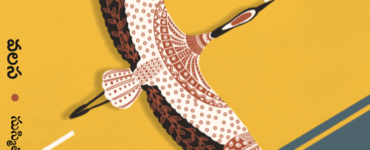
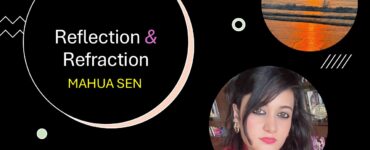
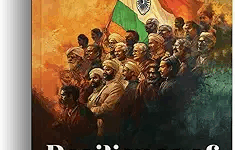
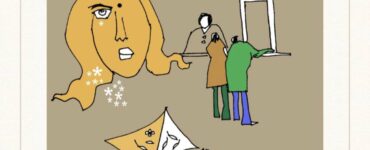
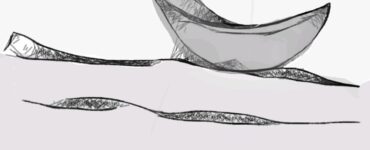
Add comment